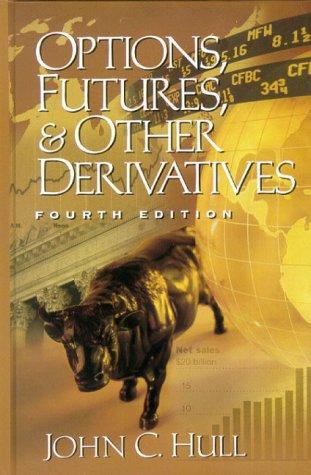DROP DOWN ANSWER CHOICES:
1. student loan / debit card / checking account
2. for between $500 and $1,000 / without any dollar limitation
3. only for emergencies / whenever it's convenient
4. living beyond your means / managing your cash wisely
5. based on a regular disbursement schedule / when you decide to write a check for them
6. requires / does not require
7. for $25,000 or more / with no dollar limitation
8. once a year / when you have spare money / once a month
9. equity in your home / size of your home
10. less / more
11. increase / decrease
12. *fill in the blank*
13. do not / do
14. *fill in the blank*
15.*fill in the blank*
16. secured with an additional mortgage on your house / unsecured
* note that the fill in the blanks have the information needed in the question. *

8. Revolving lines of credit Revolving lines of credit generally do not involve the use of credit cards and often offer borrowers more credit at lower interest rates than credit cards. Borrowers use checks to pay their bills, purchase goods and services, or even to take cash advances. Banks, brokerage houses, and other financial institutions offer open account credit to qualified borrowers. Revolving Credit Lines Overdraft protection is linked to your established overdraft provision can signal that you're in case you overdraw your account. It draws on a line of credit that is usually . You should use your overdraft provision . Frequent use of your You receive funds from an unsecured personal line of credit Securing this type of line of credit going through the formality of setting up a new loan. It draws on a line of credit that can be Remember, even though acquiring the funds is as simple as writing a check, the funds still represent a loan. Payments are usually structured to be due Home equity lines of credit enable you to acquire cash based on the The majority of lenders extend home equity lines of credit based on either 100% of your equity or some portion, usually 75% to 80% of your home's market value, whichever is . If you have an existing mortgage on your home, most lenders will your maximum line of credit by the outstanding balance of that mortgage. Today your home is worth $200,000. The balance you owe on your mortgage is $85,000. Your equity is $ . You have to sell your home in order to gain access to your equity. According to your lending institution's policy, the maximum home equity line of credit is 80% of your home's worth. Eighty percent of your home's worth is $ . Your lending institution follows the practice of most lenders as described in the previous paragraph. Your line of credit will be $ . This line of credit is considered a loan that will be 8. Revolving lines of credit Revolving lines of credit generally do not involve the use of credit cards and often offer borrowers more credit at lower interest rates than credit cards. Borrowers use checks to pay their bills, purchase goods and services, or even to take cash advances. Banks, brokerage houses, and other financial institutions offer open account credit to qualified borrowers. Revolving Credit Lines Overdraft protection is linked to your established overdraft provision can signal that you're in case you overdraw your account. It draws on a line of credit that is usually . You should use your overdraft provision . Frequent use of your You receive funds from an unsecured personal line of credit Securing this type of line of credit going through the formality of setting up a new loan. It draws on a line of credit that can be Remember, even though acquiring the funds is as simple as writing a check, the funds still represent a loan. Payments are usually structured to be due Home equity lines of credit enable you to acquire cash based on the The majority of lenders extend home equity lines of credit based on either 100% of your equity or some portion, usually 75% to 80% of your home's market value, whichever is . If you have an existing mortgage on your home, most lenders will your maximum line of credit by the outstanding balance of that mortgage. Today your home is worth $200,000. The balance you owe on your mortgage is $85,000. Your equity is $ . You have to sell your home in order to gain access to your equity. According to your lending institution's policy, the maximum home equity line of credit is 80% of your home's worth. Eighty percent of your home's worth is $ . Your lending institution follows the practice of most lenders as described in the previous paragraph. Your line of credit will be $ . This line of credit is considered a loan that will be







